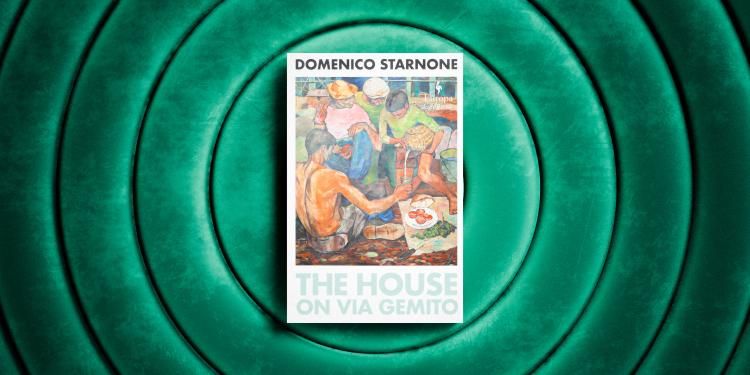His ass. I was frightened by those stories. I was disturbed, too, because I had no idea how to protect my own brother from the kids who threw rocks at us, the way he had done for his brother. I was worried about heading out into the world without knowing how to land a punch. And I felt anxiety, even later on as an adult, when I saw how well my father could do the voices of violence, the posturing, the gestures, kicking and punching the air.
In the meantime, he seemed to derive enormous pleasure from his ferocity, from the way he knew how to deploy it. He used to tell me those stories to incite my admiration. Now and then he succeeded, but for the most part I felt a combination of distress and fear, which stayed with me longer. A case in point: the two shoe-shine boys on Via Milano, in Vasto, at 7pm on a summer evening. My father, seventeen at the time, and his brother Antonio, fifteen, were on their way back from the gym on Corso Garibaldi. Suddenly it started to rain. The two boys—it was Saturday and they were wearing their fascist uniforms, something my father emphasized proudly, even decades later, in the belief that his outfit made him look sharp and terribly manly—ran for cover under the porticoes of the Teatro Apollo, where there was already a cluster of other people, including the two shoe-shine boys. There was clamoring, heavy rain, the smell of wet dust. When the shoe-shine boys caught sight of them, they sneered cruelly. “Those two ugly sonofabitches made it rain,” one of them said loudly to the other. Their brutish words offended the boys, their mother, their father, maybe even their ominous black shirts. Without thinking twice, my father reached over and, with his left hand, grabbed the collar of the shoe-shine boy who had spoken those words, even though he was big, tough, and around thirty, and planted an uppercut on that Neanderthal’s foul mouth—Neanderthal he called him, to show how primitive he was—knocking out his two front teeth. Thwack. He punched him so hard that one of the man’s broken teeth—and at this point in the story, he’d wave his index finger in front of me to show me a scar that I couldn’t actually see but to appease him I said yes, Papà, I see it—got wedged into the flesh of his finger. He had to flick his hand hard to make it fall out.
Whenever he told that story, he always flicked his hand hard, as if the fragment of tooth was still stuck in it. I’d stare at him in horrified devotion: lean and lanky, he had a long face, high forehead, and a slender, elegant nose with delicate nostrils, a nose that definitely didn’t look as if it belonged to a skilled boxer. He always came home from work furious, as if he had just knocked out Tammaro or the shoe-shine boy; always the victim of some urgent, dramatic situation; always ready, even if faced with a multitude of enemies and it was inevitable that he’d get beaten to a pulp, of courageously chasing back fear. Because he was a man who had been initiated into the world of boxing by none other than a European heavyweight champion. He was a man who wouldn’t let anyone kick him around, much less his wife. If anything, he’d be the one to kick her around. Toe kick—that’s what I was always afraid he would do to her when he came home—and heel stomp.












